Overfertilizing?
sheltieche
10 years ago
Related Stories
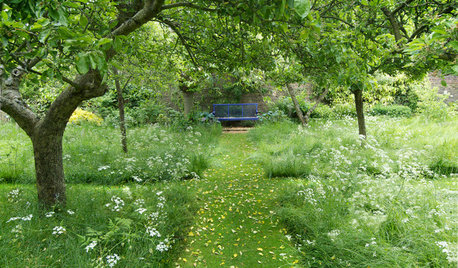
GROUND COVERSGive Your Lawn a Taste of the Wild
Consider the joys of an irregularly trimmed meadow lawn: It’s ecofriendly, visually interesting and still good for romping
Full Story
HOUSEPLANTSPlay Up Some Fiddleleaf Figs for a Lively Indoor Tune
Strike a dramatic chord in a minimalist scene or a country note in a rustic setting — fiddleleaf fig plants harmonize with any style
Full Story
GARDENING GUIDESGarden Myths to Debunk as You Dig This Fall and Rest Over Winter
Termites hate wood mulch, don’t amend soil for trees, avoid gravel in planters — and more nuggets of garden wisdom
Full Story
EDIBLE GARDENSSummer Crops: How to Grow Tomatoes
Plant tomato seedlings in spring for one of the best tastes of summer, fresh from your backyard
Full Story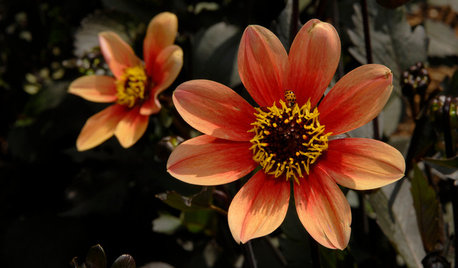
FLOWERSGreat Design Plant: Dahlias
Pick this flamboyant stunner for its amazing array of colors and faces, fast growth and sizes that can fill a pot or a whole garden
Full Story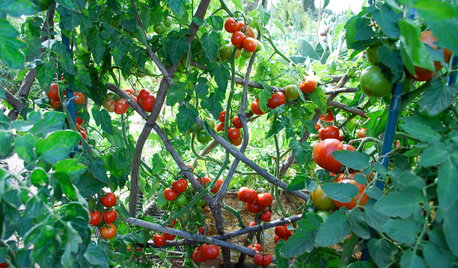
GARDENING GUIDESTexas Gardener's March Checklist
So long, freezing temperatures. It's time to kick off spring planting, lavish attention on lawns and sprinkle seeds to your heart's content
Full Story0

GARDENING GUIDESCommon Myths That May Be Hurting Your Garden
Discover the truth about fertilizer, soil, staking and more to keep your plants healthy and happy
Full Story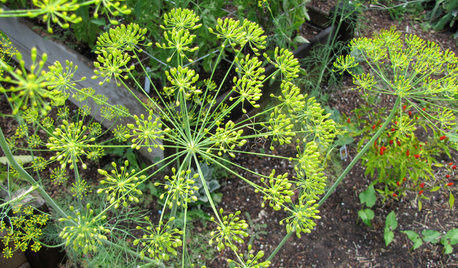
EDIBLE GARDENSHerb Garden Essentials: Grow Your Own Tasty, Frilly Dill
Flavor your food and attract butterflies with easy-care (and pretty) dill in the garden
Full Story
DECORATING GUIDESConjure a Jungle in a Pot
Sprawling, climbing and with primitive-looking leaves, philodendrons bring untamed beauty to even the most civilized homes
Full Story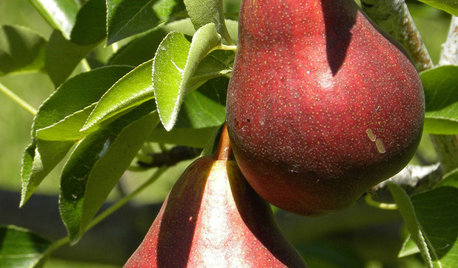
EDIBLE GARDENSHow to Grow Your Own European and Asian Pears
Try these trees for their good looks, delicious fruit and wide range of sizes — plus you can espalier them
Full Story





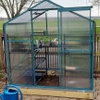
digdirt2
sheltiecheOriginal Author
Related Professionals
Arlington Landscape Architects & Landscape Designers · Ashland Landscape Architects & Landscape Designers · Otsego Landscape Architects & Landscape Designers · Panama City Landscape Architects & Landscape Designers · Billerica Landscape Contractors · Golden Gate Landscape Contractors · Tavares Landscape Contractors · Woodland Landscape Contractors · Eagan General Contractors · Ken Caryl General Contractors · Pinewood General Contractors · Redding General Contractors · Aberdeen Decks, Patios & Outdoor Enclosures · Mebane Decks, Patios & Outdoor Enclosures · Windsor Decks, Patios & Outdoor Enclosuresdigdirt2
nancyjane_gardener
sheltiecheOriginal Author
seysonn